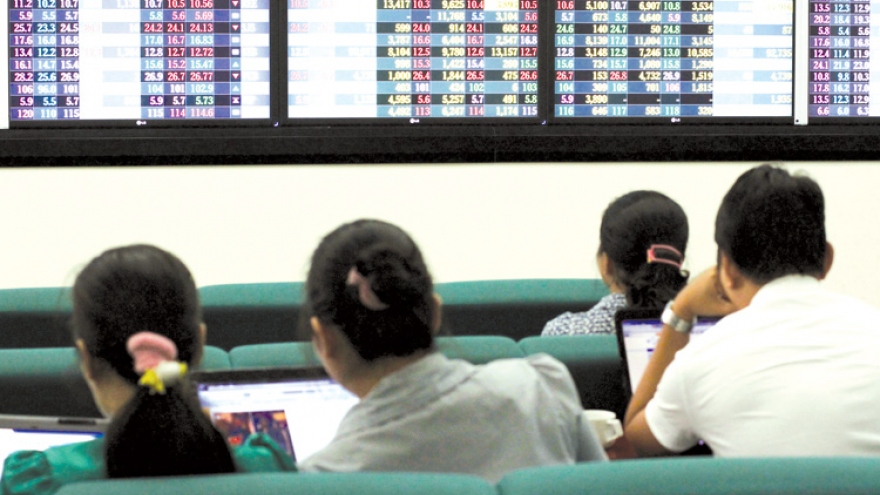Foreign capital continues to flow into banking sector
Success of foreign banks in Vietnam has been fueling the volume of capital poured into the sector, while these banks are changing their operations to grow.
 |
| Woori Bank launched a ceremony to officially set up its wholly foreign-owned bank in Vietnam. (Source: Woori Bank) |
A foreign direct investment (FDI) wave emerged in the banking sector in 2006 – 2007 when Vietnam became a member of the World Trade Organization. It turned into a boom in 2009, as the country began to allow the establishment of fully-foreign-funded banks.
Between then and now, Vietnam has so far recorded the operation of 50 foreign credit institutions, including nine wholly foreign owned banks and hundreds of foreign banks’ branches and representative offices. In 2016 and 2017 alone, four foreign banks were licensed to operate in the country.
ANZ, Hong Leong, HSBC, ShinHan, Standard Chartered, CIMB, Public Bank Berhad, Woori Bank and United Overseas Bank Limited have all opened wholly foreign-owned banks in Vietnam.
As of May 2018, the total assets of foreign banks and joint ventures between Vietnamese and foreign banks surpassed VND1 quadrillion (US$43 billion), with their capital adequacy ratio (CAR) being at 27.36%.
It is noteworthy that the flow of foreign capital into the sector has seen an emerging of investors from East Asia and ASEAN.
Malaysia’s Public Bank Vietnam Ltd in July this year received the State Bank of Vietnam (SBV)’s approval to open three new branches and two new transaction offices in Hanoi, Ho Chi Minh City and Da Nang to raise its total network in Vietnam to 18 outlets.
The SBV also allowed the Republic of Korea’s Woori Bank Vietnam Ltd to establish branches and a transition office. SBV Governor Le Minh Hung gave the bank the go-ahead to establish branches in the provinces of Thai Nguyen, Ha Nam, Hai Phong, Dong Nai and Binh Duong, and a transaction office in HCM City.
In mid-May, another Korean bank - Shinhan Bank Vietnam - also established four additional branches and transaction offices in Hanoi and HCM City, raising its total to 30 nationwide. The expansion has helped Shinhan Bank Vietnam retain its position as the foreign bank with the largest transaction network in Vietnam.
In the past, FDI banks aimed at serving foreign businesses in Vietnam. Now many of them are expanding their retail markets, targeting domestic customers. This means a fierce competition with their domestic peers, which is said to benefit customers and force domestic banks to improve themselves.
Seo Jae Seok, a representative from the Woori Bank Vietnam, said the Vietnamese banking sector has been growing strongly. He expected the local Government’s banking restructuring efforts to offer more opportunities for foreign investors, particularly their engagements in mergers and acquisitions (M&A) deals.
According to the research and financial service group Fitch Solutions, foreign investors no longer chose to set up joint ventures with Vietnamese banks. Instead, they want to expand via 100% foreign-funded firms.
Pham Hong Hai, General Director of HSBC Vietnam – the first wholly foreign owned bank in the country, said foreign investors will now focus their money on the markets of their strengths with scales and growth rate suitable to targets set by the parent companies.
According to Hai, their attention will shift from joining M&A or obtaining stakes in domestic banks to focusing on self-development.

